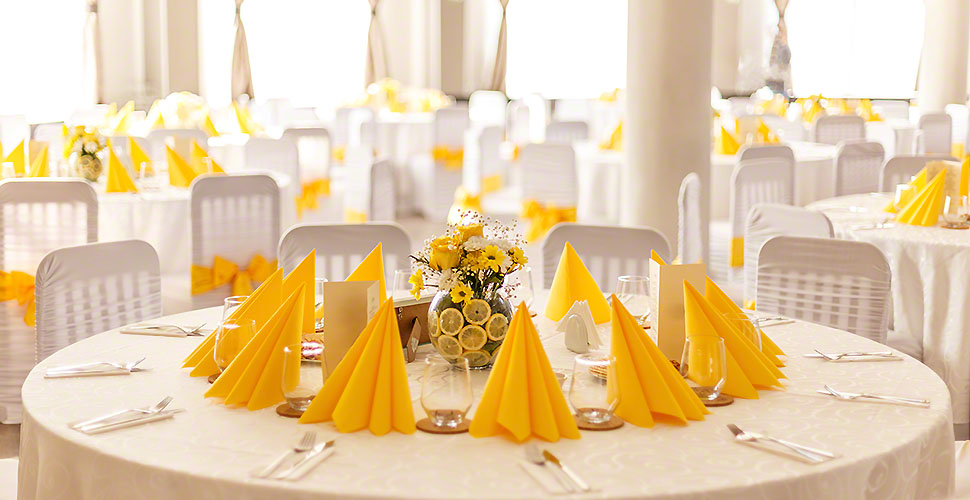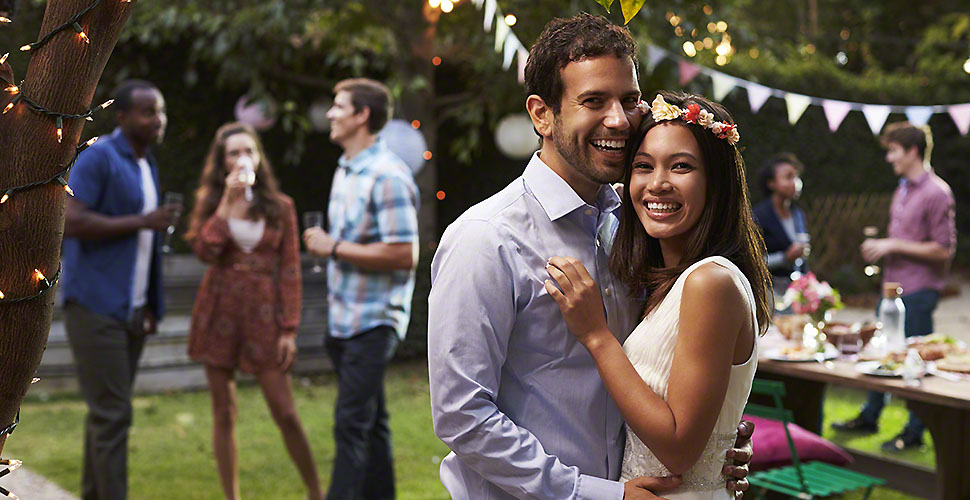Planning an outdoor event can be an exciting venture, whether it’s a wedding, a corporate gathering, or a simple backyard barbecue. The beauty of nature often serves as the backdrop for memorable occasions. However, weather considerations are a crucial aspect that can significantly affect the success of your event. By understanding potential weather challenges and preparing your tent rentals accordingly, you can ensure a smooth and enjoyable experience for you and your guests.
Weather Forecasts and how they work
The first step in preparing for any outdoor event is to monitor the weather forecast. Weather predictions can change rapidly, especially in transitional seasons like spring and fall. It’s essential to start checking the forecast at least a week before the event. Pay attention to temperature, precipitation chances, and wind conditions. A sunny day can quickly turn into a rainstorm, and understanding the forecast will help you make informed decisions.
While forecasts can provide a good idea of what to expect, remember that they are not always accurate. Having a backup plan is vital. If rain is predicted, consider whether you will need a tent rental or if there is an indoor space nearby. Being flexible in your plans can alleviate stress as the event date approaches.
Planning for Rain
Rain is often the most significant concern for outdoor events. Even a light drizzle can dampen spirits and disrupt activities. If rain is forecasted, renting a tent is one of the best ways to ensure your event can continue smoothly. Tents provide shelter and create a comfortable environment for guests. Make sure to choose a tent that fits the size of your event and allows for proper ventilation.
In addition to securing a tent, consider how you will manage the ground conditions. If the area is likely to become muddy, think about laying down tarps or utilizing outdoor flooring options. This will keep your guests clean and comfortable. Also, be mindful of drainage. If your venue tends to pool water, try to position the tent or seating away from these areas.
Don’t forget to prepare for the unexpected. Having extra umbrellas on hand can provide quick protection for guests who may need to dash between areas. You might also want to provide blankets or warm beverages, particularly if the rain is accompanied by cooler temperatures.
Preparing for Wind
Wind can pose challenges, especially for larger tents and decorations. If you are in an area known for strong winds, ensure your tent is properly anchored. Professional wedding tent rentals Damascus MD companies can assist with securing tents to withstand wind gusts. This often includes using stakes, weights, or sandbags.
When setting up your event, be cautious with decor. Lightweight items, such as balloons or paper decorations, can easily become airborne in a breeze. Opt for sturdier decor that can withstand wind conditions, or secure lighter items more firmly. If you’re planning to have tables set up outside, consider using tablecloths with weights to prevent them from blowing away.
Guests may also feel chilly if the wind is strong. Plan to have heaters available if the temperature drops, as they can provide comfort in cooler conditions. Setting up windbreaks, such as walls or hedges, can also shield your guests from the elements.
Handling Heat and Sun Exposure
While rain and wind are often the main concerns, extreme heat can be equally challenging. If you are hosting an event during the warmer months, consider the comfort of your guests. Make sure to provide shaded areas, especially if the event takes place during the day. A tent is a great option, as it offers both shelter and a cooler atmosphere.
Encourage hydration by providing plenty of water stations. You can make it more appealing by offering infused water options with fruits and herbs. Ice-cold drinks will help guests stay refreshed and comfortable. If the event lasts several hours, consider scheduling breaks or shaded activities to help guests cope with the heat.
Additionally, be aware of the risks of sunburn or heat exhaustion. Offer sunscreen at the entrance, and consider having shaded seating areas where guests can take a break from direct sunlight. This shows that you care about their comfort and well-being.
Preparing for Temperature Changes
Even during a pleasant day, temperatures can fluctuate dramatically, especially in the evenings. If your event extends into the night, it’s important to anticipate cooler temperatures. Planning for these changes can help keep your guests comfortable.
If you know temperatures will drop, consider providing outdoor heaters or fire pits. These not only offer warmth but also create a cozy atmosphere for evening gatherings. Blankets can also be a thoughtful addition, allowing guests to snuggle up as the sun sets.
Dress code can also be an important consideration. If you expect it to cool down, inform your guests in advance so they can dress appropriately. Encourage layers or specify a dress code that allows for comfort in varying temperatures.
Backup Plans
Even with the best preparation, sometimes the weather can still surprise you. Having a solid backup plan can alleviate stress and ensure that your event goes on without a hitch. If your primary location is outdoors, consider securing an indoor venue as an alternative. This can be particularly useful for larger events where space is essential.
If relocating the event isn’t an option, having a clear plan for weather-related changes can help. For example, if rain is predicted, outline the process for moving decorations and equipment quickly under cover. Communicate these plans with your team to ensure everyone knows their responsibilities.
Be transparent with your guests about potential weather-related changes. Keeping them informed can set expectations and allow them to plan accordingly.
Emphasizing Safety
Safety should always be a top priority when planning an outdoor event. Ensure that any structures, such as tents and decorations, are securely set up to prevent accidents. If there is a chance of severe weather, communicate with your guests about how to stay safe. For example, if thunderstorms are predicted, provide guidelines for seeking shelter.
Additionally, consider the safety of your catering setup. If food is being served outdoors, ensure that it is stored at safe temperatures to avoid spoilage. If the heat is excessive, you may need to adjust your menu to accommodate for safety and comfort.
By emphasizing safety in your planning, you not only protect your guests but also create a more enjoyable environment.
Conclusion
Preparing for outdoor events requires careful consideration of weather factors that can impact the experience. By understanding potential challenges like rain, wind, heat, and temperature changes, you can develop a plan to address them effectively.
Securing tents, providing adequate hydration, and creating comfortable spaces can go a long way in ensuring your guests enjoy their time. Always be ready with backup plans and maintain a focus on safety. With thoughtful planning and preparation for party tent rentals Northern VA, your outdoor event can become a memorable occasion, rain or shine.


